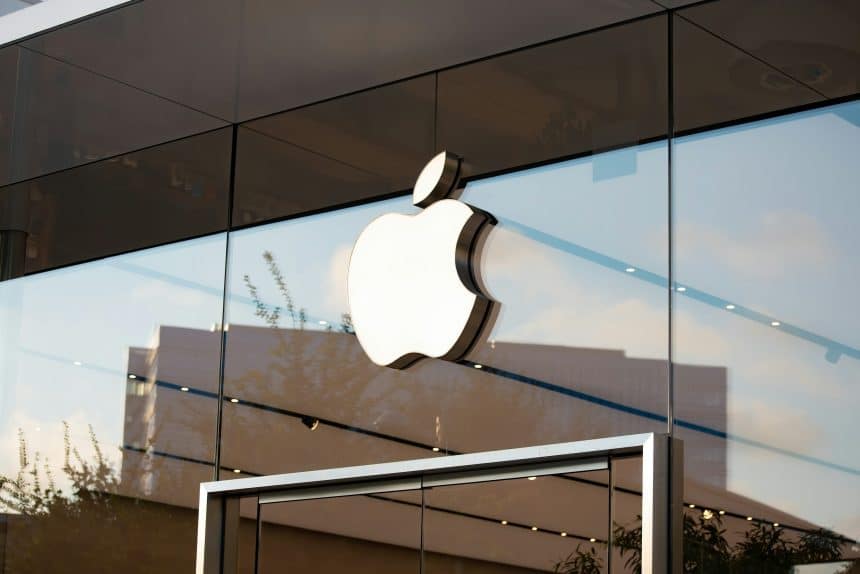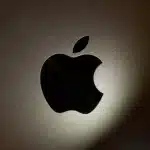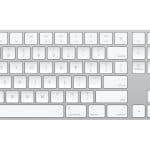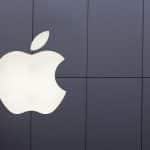Two professors have filed a lawsuit accusing Apple of using pirated books to train its artificial intelligence system, Apple Intelligence. The plaintiffs, Susana Martinez-Conde and Stephen Macknik from SUNY Health Sciences University, claim Apple used their books Champions of Illusion and Sleights of Mind without permission.
They allege Apple relied on a dataset known as Books3, which contained thousands of pirated works. That dataset was part of The Pile, a massive open-source collection used to train language models, including Apple’s OpenELM system. The professors argue that Apple copied their work to train and test its models without authorization.
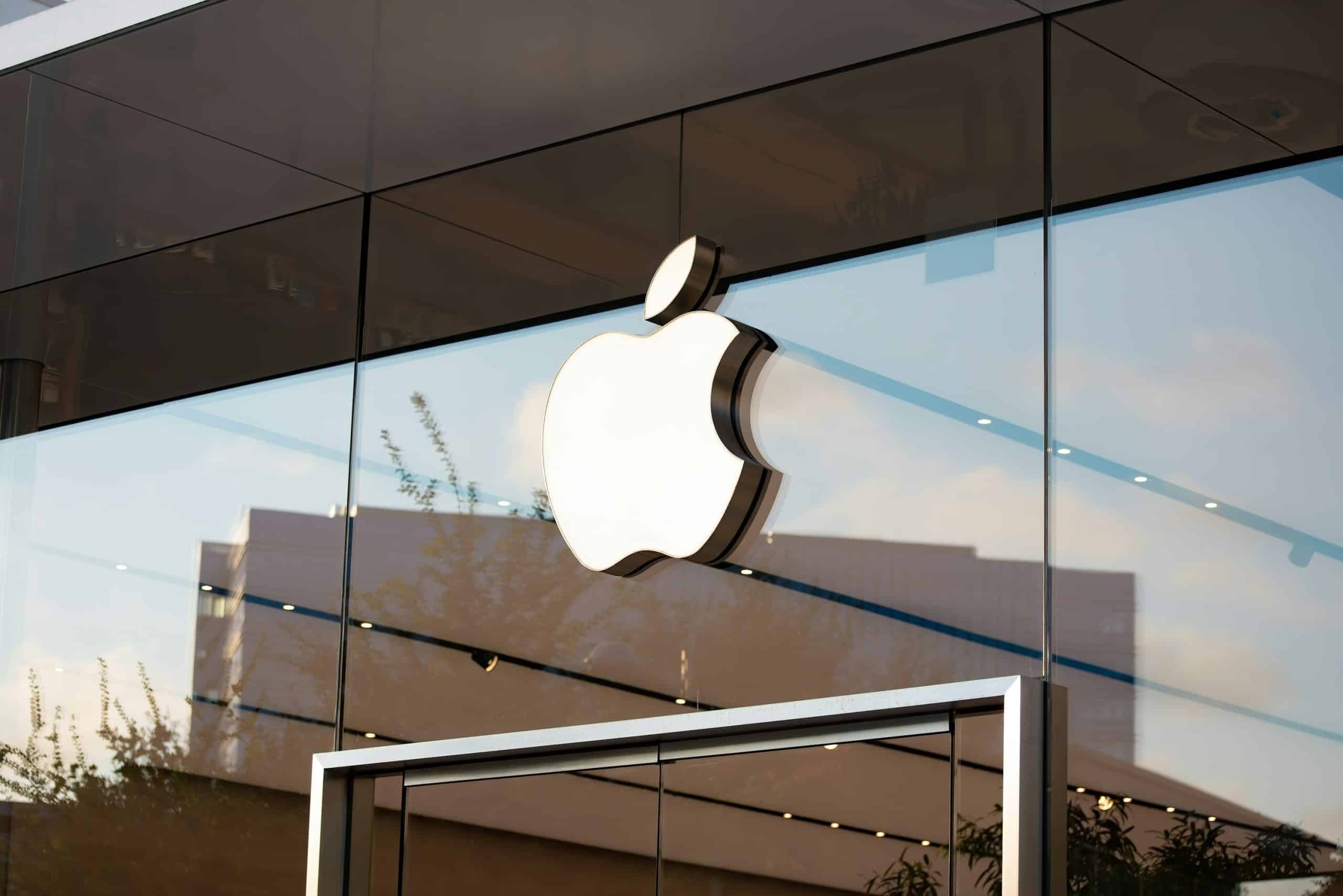
Apple’s Alleged Use of Pirated Data
Books3 was taken down in late 2023 after copyright complaints. Before its removal, it included more than 186,000 books scraped from the private BitTorrent tracker Bibliotik. The lawsuit claims Apple used that data before it was deleted. The professors also say Apple gained an unfair advantage by training and testing its AI on those materials.
They accuse Apple of profiting from the use of copyrighted content while developing safeguards to prevent those same works from appearing in AI-generated output. Apple has not issued a formal response, but the case adds to a growing number of lawsuits against tech companies accused of training AI models on unlicensed material.
A Test for AI Copyright Law
Legal experts believe this case could test the limits of copyright in artificial intelligence. Plaintiffs will need to prove that Apple directly used their books in its training data. Although Apple acknowledged using datasets linked to Books3, it remains unclear whether those specific titles were involved.
The lawsuit also connects Apple’s stock growth following its AI announcement to alleged financial harm. Experts say proving that link will be difficult. Still, the authors seek monetary damages and a court order banning Apple from using their work again.
Under U.S. law, willful copyright violations can lead to fines of up to $150,000 per work. The case highlights a larger debate—how far AI companies can go when building models from existing creative works.
